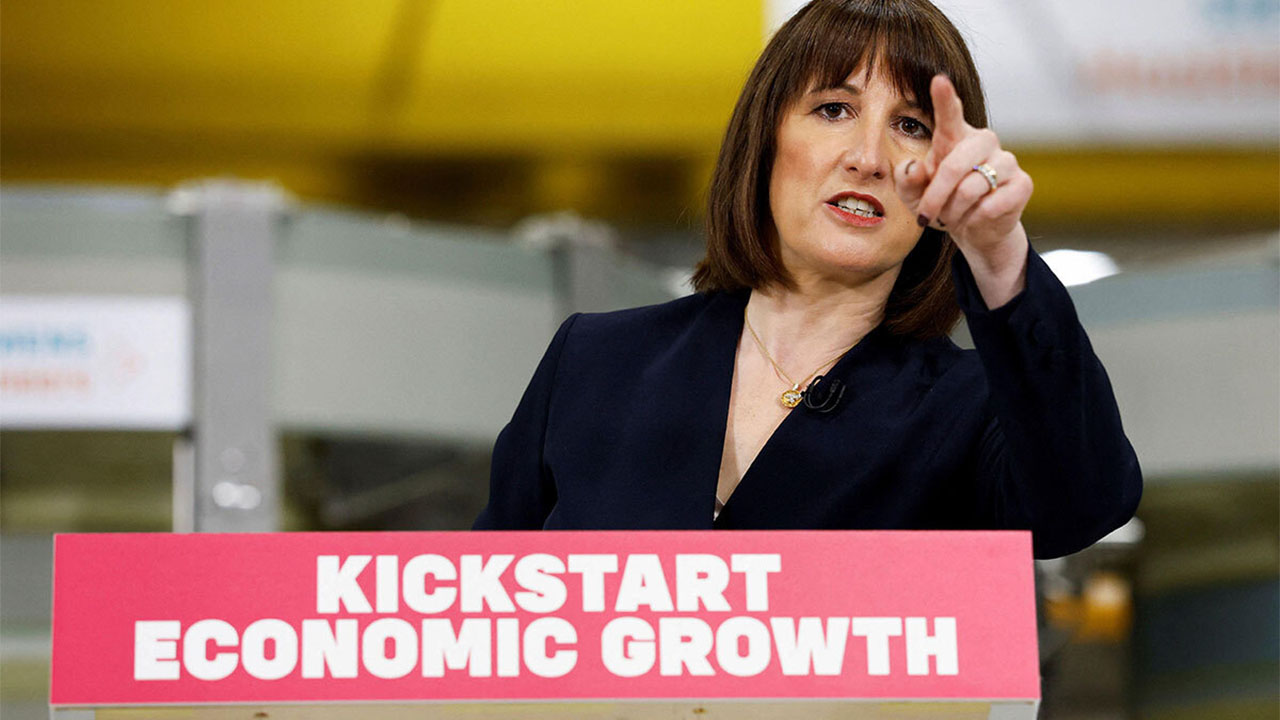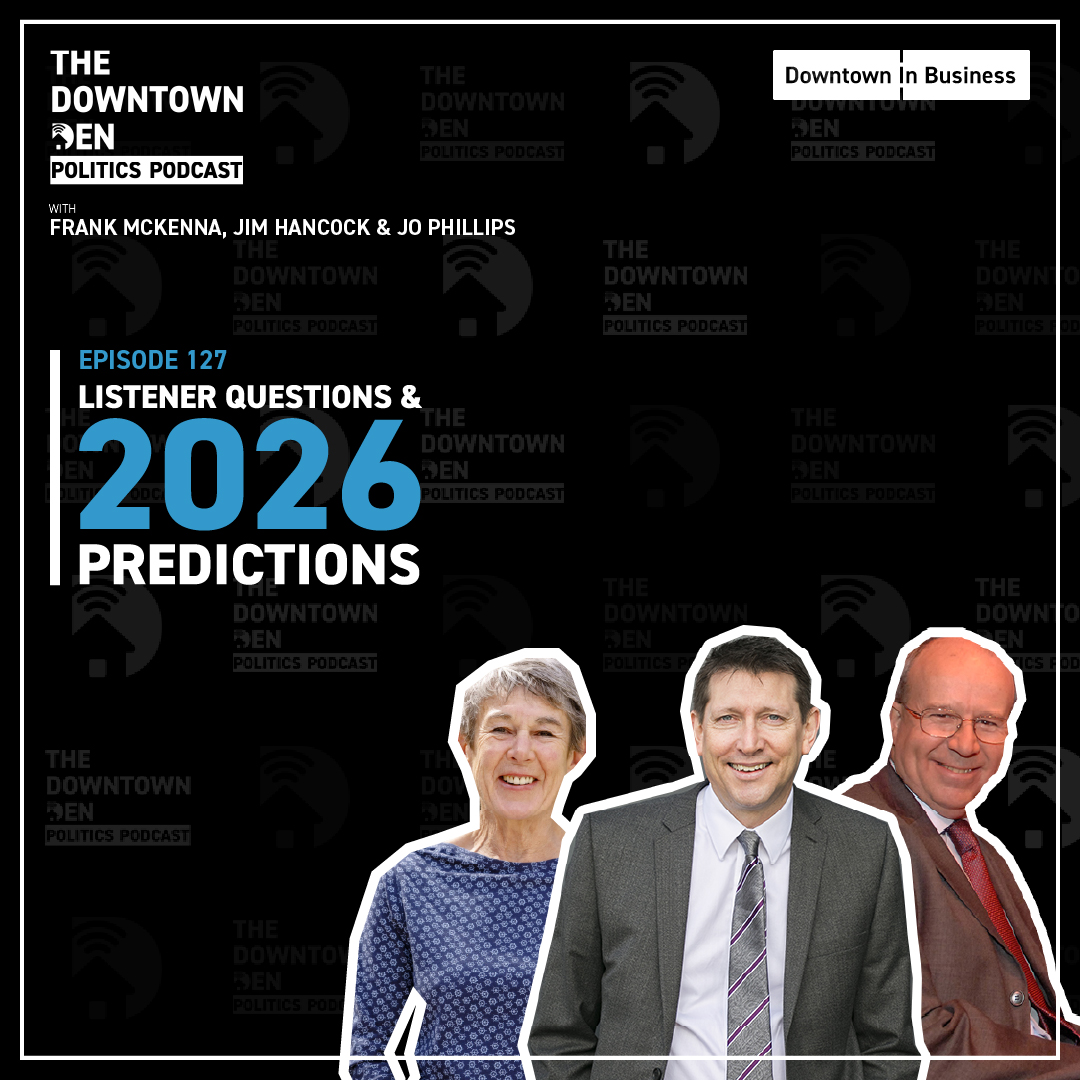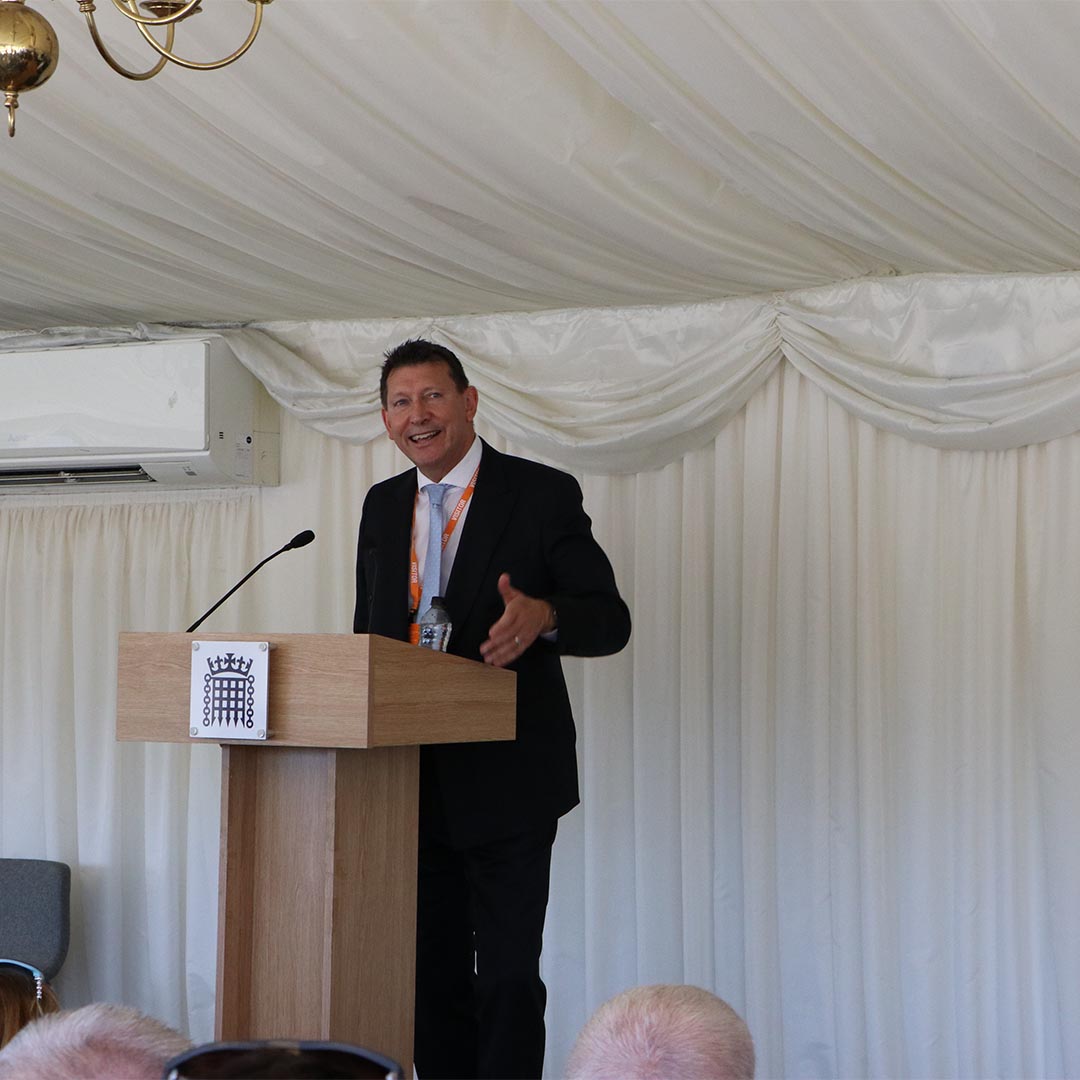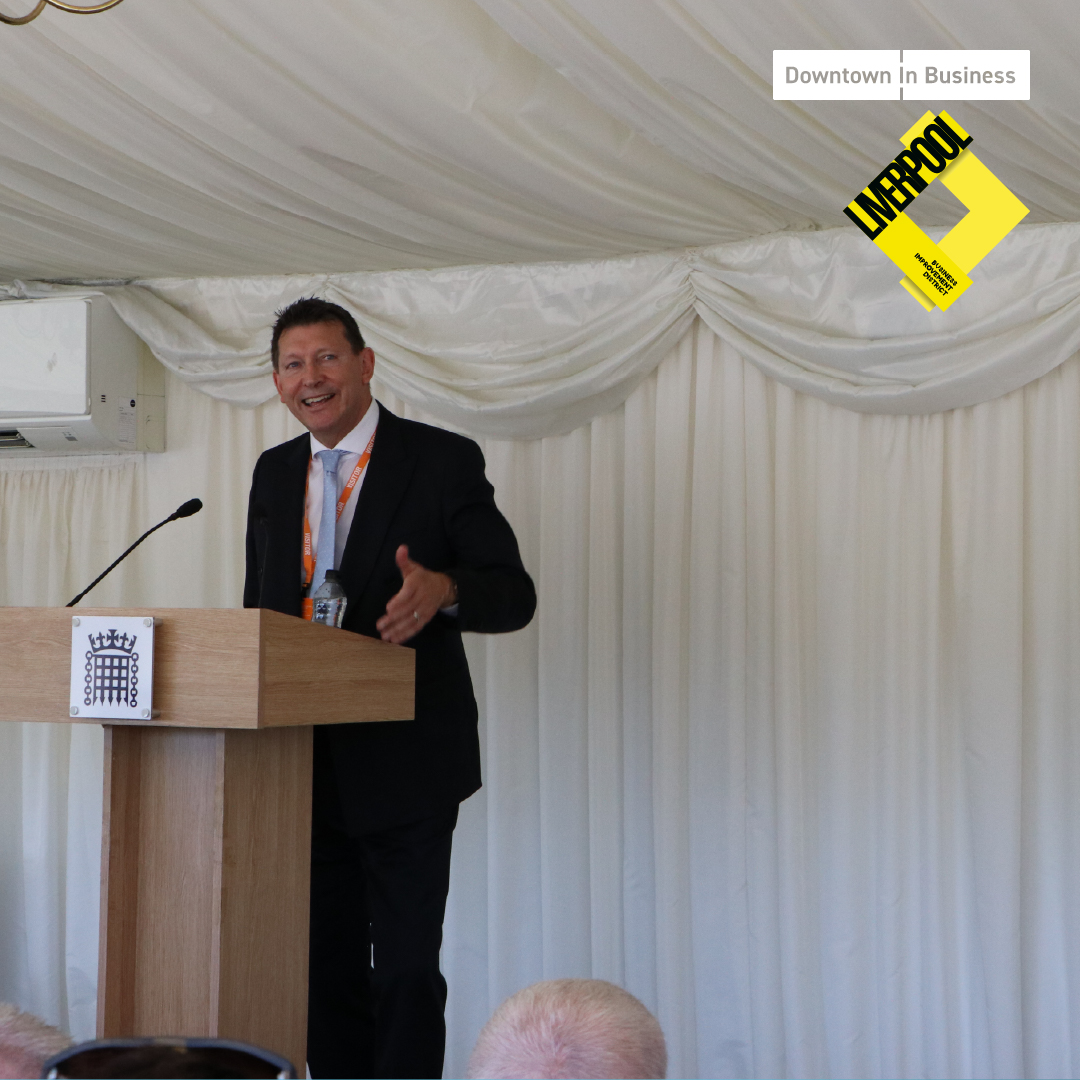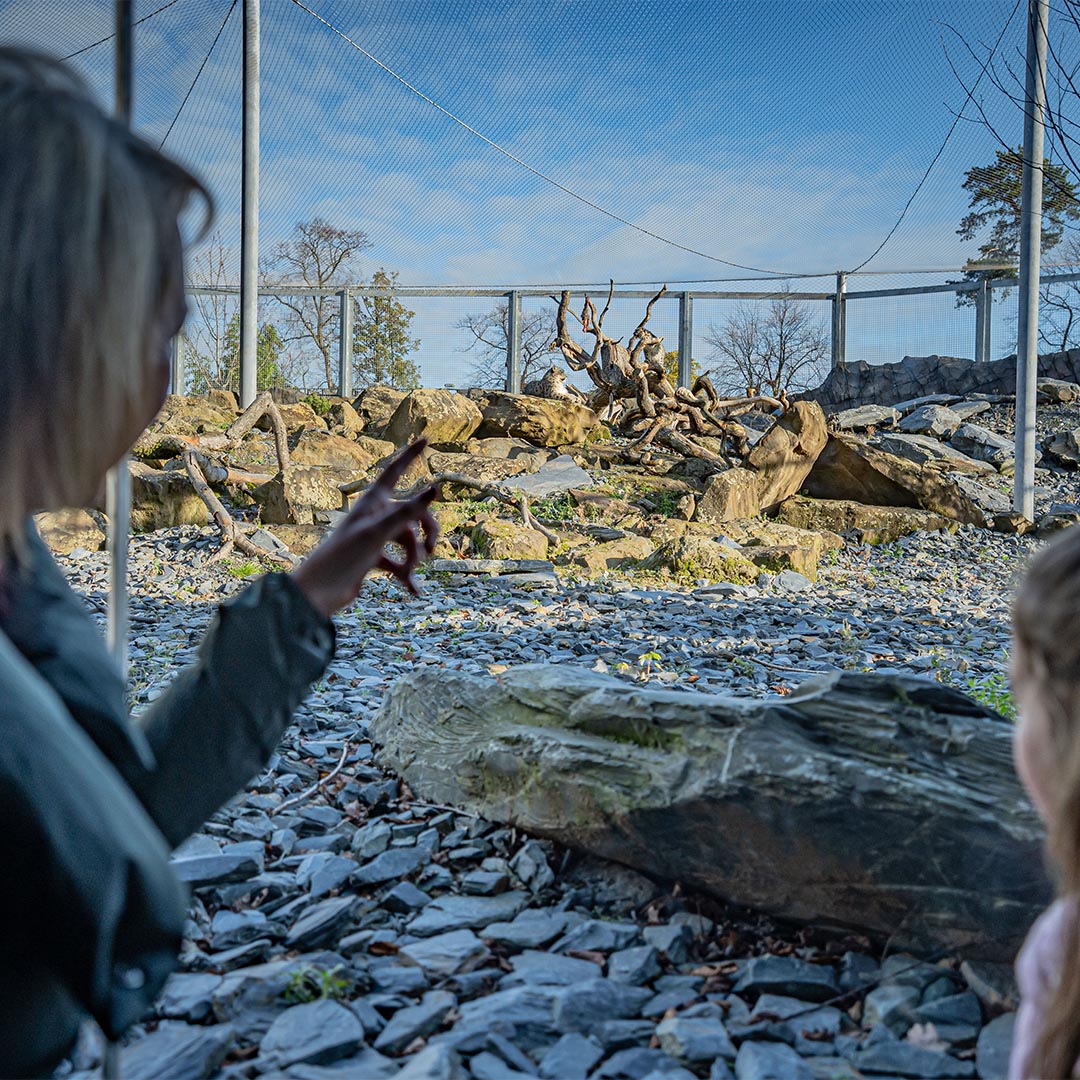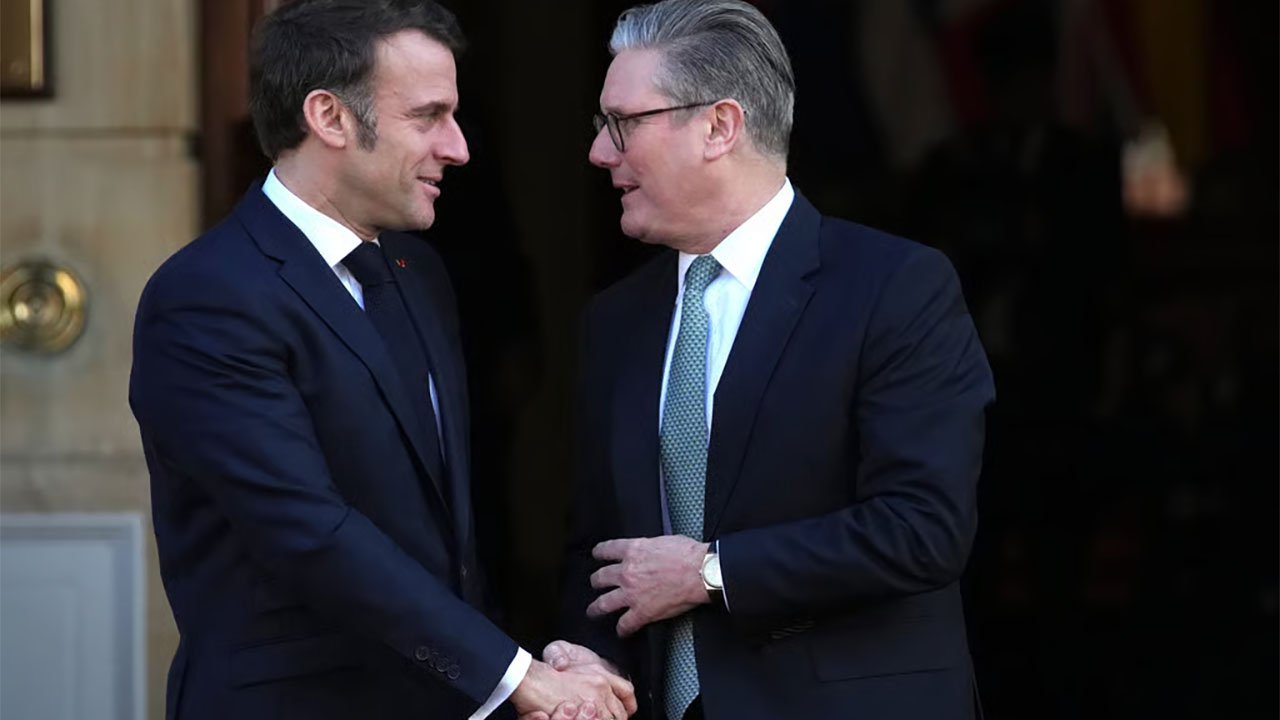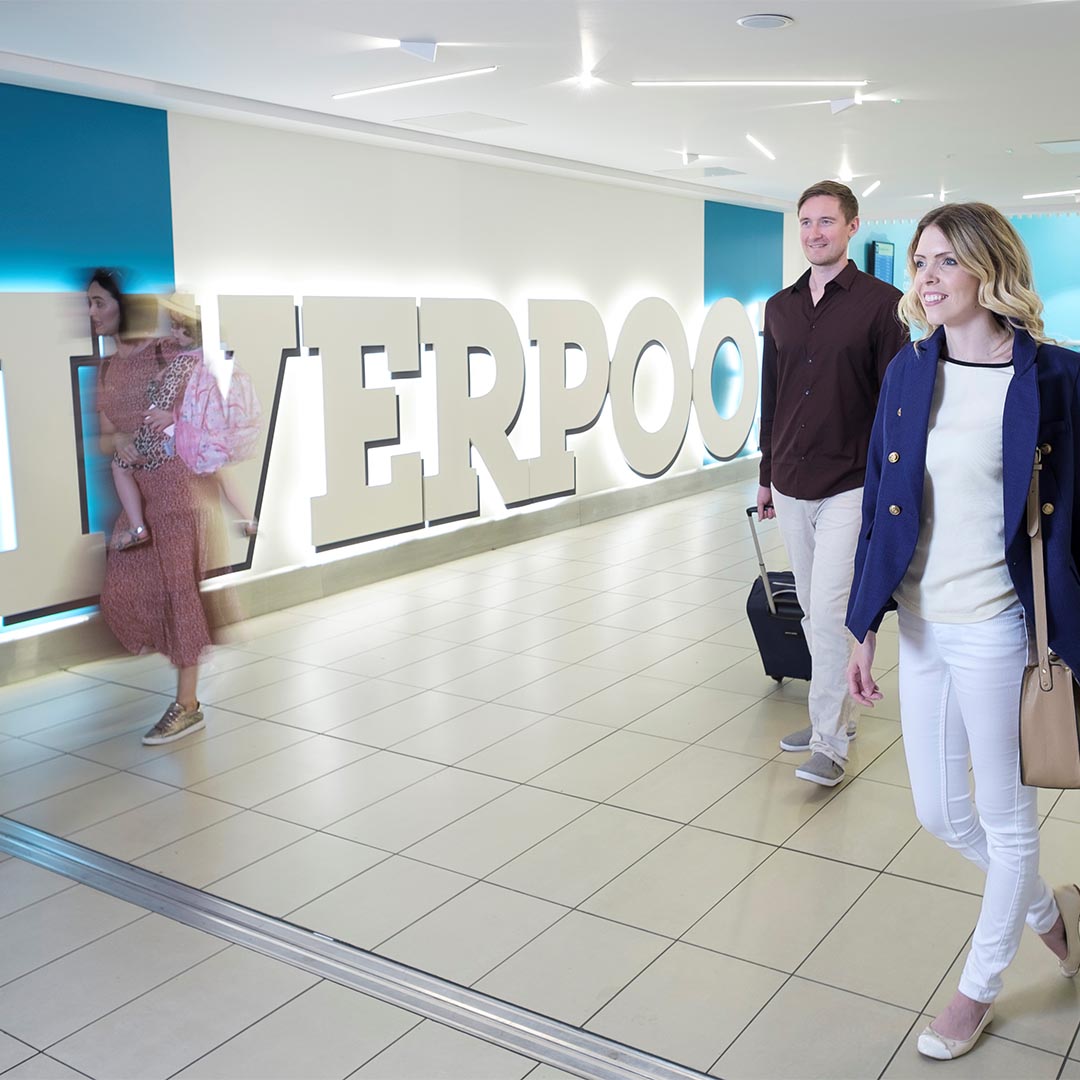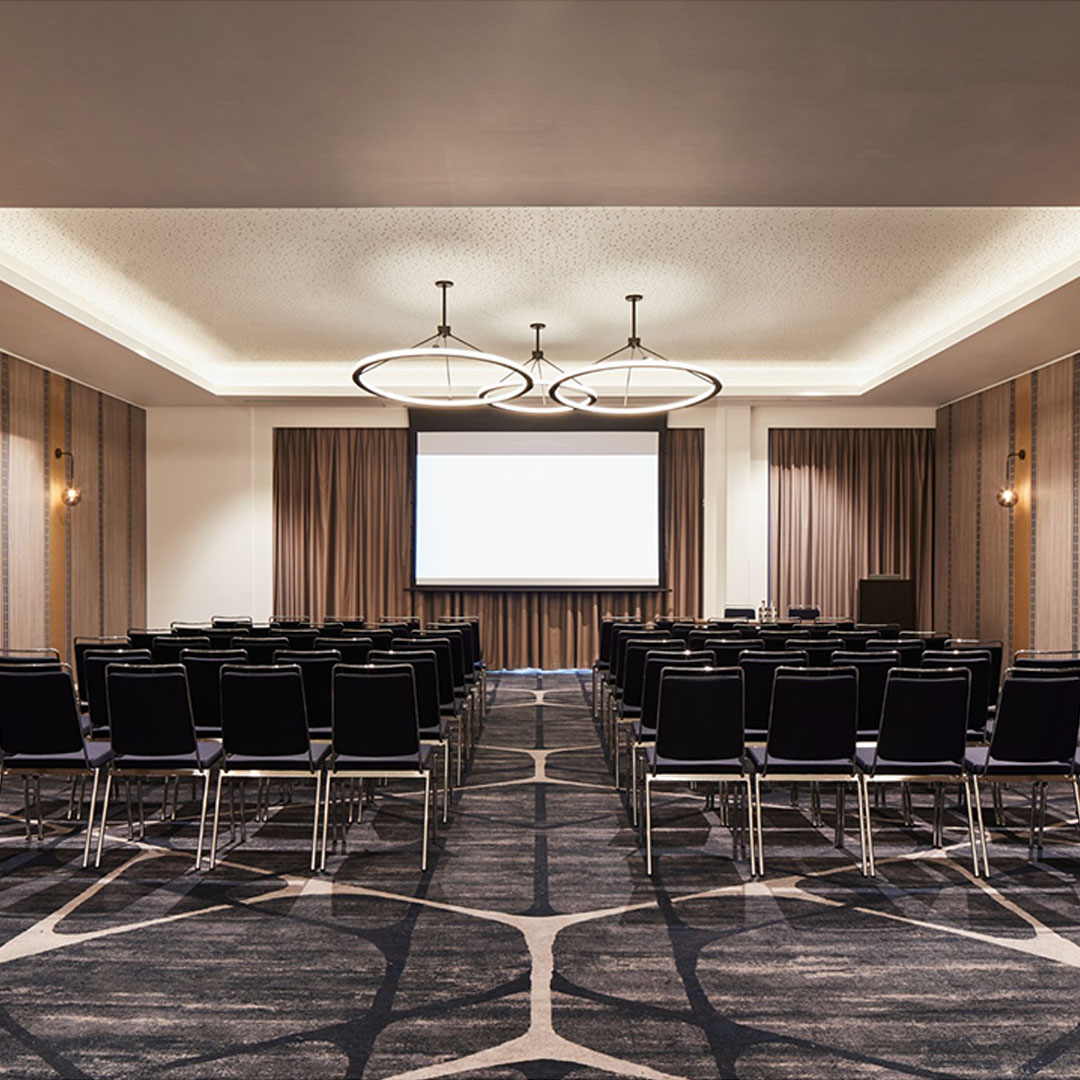Billions more is being piled on the national debt as the government protects us from wild energy price rises and cuts taxes.
The former is needed. It is just regrettable that Ministers have been in a state of paralysis since Johnson announced his resignation in early July. For many businesses, the measure has come too late. Uncertainty remains about what happens with the new year review when the government will try to end the universality of the cap. Which firms and organisations will continue to get protection from soaring energy prices, and which won’t? Companies plan for the middle and long term, a concept that politicians fail to comprehend. Long term planning by governments of both parties would have given us a home-grown energy market more capable of withstanding this price shock.
The expected decision to reverse the National Insurance increases, freeze corporation tax and end the cap on bankers’ bonuses to stimulate growth is the big gamble. Truss is right that our economic performance has been sluggish for years but whether the enriched will make the investment in new job creating green energy employment or stash it away in tax havens is a moot point. Controversy rages about the merits of “trickle down” economics. Truss has thrown the dice; we will see if it works.
More generally the Prime Minister has two years to put her party in a position to win a fifth General Election. We can debate whether 2010 was a win because a coalition was required. We can even debate whether Mrs May won in 2017, so disappointed were Tories at the comparative success of Jeremy Corbyn. However, the fact is that for 12 years the Conservatives have been on top. The spirit of “time for a change” can be very powerful which brings us to this weekend’s Labour conference in Liverpool.
STARMER’S LAUNCH PAD
Is Sir Keir Starmer capable of exciting the British people? We have all been able to compare his rectitude against the shambolic Johnson. He now faces a new Tory leader who may be criticised for shallow beliefs, but she is lively and capable of growing in the job.
To be sure of victory Starmer, and his Shadow Ministers need to raise their game. It is not easy to position themselves when the Tories are spending shed loads of money on big state projects like Covid and energy relief. But we need to see what Labour is for. It would be dangerous for them to think power will just fall into their lap because of a need for change.
I think the Red Wall is in a mood to return to Labour. Levelling up has not happened and will have a low priority with the cost-of-living crisis dominating ministers’ thoughts.
So, a tricky conference for Labour, not least because it is in Liverpool. The crisis at the Town Hall is not a great example of the party delivering at a local level, and the recent dreadful reminder of the continuing power of criminal gangs in the area means this is not the best of times to welcome delegates to the city.



